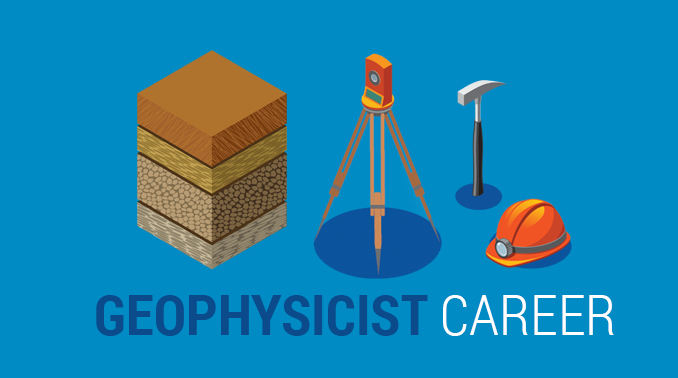All Categories
Featured
Table of Contents
How To Become A Geophysicist in Karrinyup WA 2020
This work is significantly contracted out, so consultancies supply another source of employment. Consultancy firms vary in size, from really small business to big multinationals. Some consultancies are rather specialised in using particular geophysical techniques or operating in particular areas, while others offer a more diverse variety of services to their customers.
The extraction of gas from land fill websites is another location of work and this might grow in the future. Expedition companies may carry out work for building and construction companies, public utility, mining companies and environmental agencies, so geophysicists may be used in any of these settings. Other companies include: geological surveysgovernment bodies and agenciesuniversities and research study institutes.


Vacancies may be noted in the oil and gas sector press. Recruitment is affected by oil cost changes and the level of competition for positions differs depending on this. Professions Days, which cover the full variety of geoscience professions and are typically participated in by a variety of key market companies, are run by The Geological Society.
Geophysics in Kensington WA 2020
Some of the big oil and gas companies use a complete two-year structured training program across the breadth of geophysics, including the chance to experience operate in various teams before specialising in one location. Your training might consist of work on: existing wellsmagnetic and gravitational prospective field information analysisresearchrock analysis. It's more usual for your preliminary training to be offered on the job.

There might be a probationary duration during which you work along with a knowledgeable colleague. Competency-based appraisals occur routinely in the majority of companies. In smaller sized companies, and for academic posts, there is not likely to be any formal training - you'll be expected to start work straightaway and get skills as you go along.
If you work for a smaller sized business, you might find that you need to take duty for organizing and funding your own advancement and training. If you have a geology degree, subscription of The Geological Society can be helpful for networking and for maintaining to date with the industry.
Geophysics in Wembley Downs Western Australia 2021
You might also discover it helpful to join the PESGB (The Petroleum Expedition Society of Great Britain, which has a geophysics unique interest group. After a probationary duration, and once you have actually gotten some experience, you might advance to senior geophysicist, then group leader and then into a senior function in management.
The ease of movement between roles depends on the business structure. Study at Masters or Ph, D level in a subject related to geophysics or geosciences may help with your profession advancement and development. The employment market within the oil and gas industry is really based on cost and this might affect your opportunities for career progression.
However, not all tasks are reliant on the oil and gas markets. For knowledgeable geophysicists, freelance consultancy provides a great route for career advancement. You can likewise specialise in a specific area of geophysics. As a geophysicist, you're likely to have several jobs throughout your working life. Worldwide mobility is important for dealing with peaks and troughs in different nations at different times.
Geophysical Surveys As Landscape Archaeology in Lynwood WA 2020
From geophysics, it's possible to focus on seismology (completing additional training to become a seismic interpreter) or to move into related locations such as engineering geology or hazard forecast.
Choosing what to study in college is a hard choice. Even if you know that your field of interest lies in science, what program of research study is best for you? If you make the choice to major in physical and biological sciences and pursue a profession as a geophysicist, you're getting ready for an exciting and successful occupation.
The first action to attaining your objective of ending up being a geophysicist is making a degree. Even for entry-level positions in the field of geoscience, you'll need a bachelor's degree (a geophysicist college degree) from a recognized college or university. Geophysicists must be able to: analyze rocks, photographs, and other pieces of information conduct research both in the field and in labs create maps and charts of their findings compose reports To achieve all this, students need a specialized education for geophysicist professions.
As stated above, you'll require a bachelor's degree in geoscience or an associated discipline, such as a physical science or a life sciences, to land an entry-level task. Trainees can likewise prepare by majoring in topics like: Biology Chemistry Computer system science Engineering Mathematics Physics The above geophysicist majors offer a more generalized approach to a single clinical discipline, but many programs need trainees to take one or more geology course.
Latest Posts
Where Can A Geophysicist Work Other Than The Oil Industry? in Ellenbrook Oz 2021
Geophysicist in Como Aus 2022
Geophysical Surveys Definition & Meaning In Stock ... in Karrinyup Aus 2022